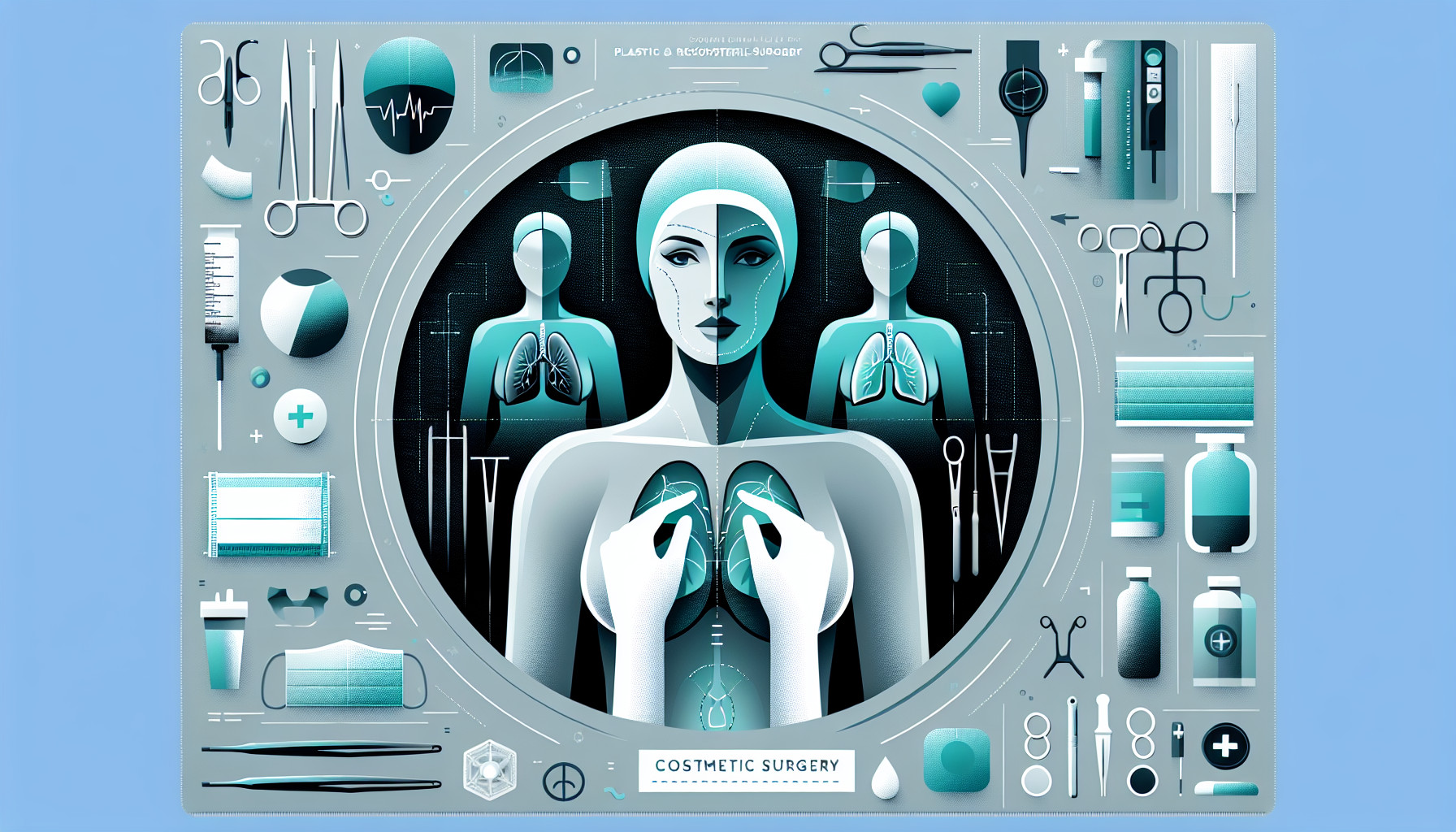Our Summary
The popularity of cosmetic facial surgery is growing, but this study found that patients with pre-existing mental health conditions might not be satisfied with their results, and their mental health could even worsen after surgery. This suggests it’s important to screen for mental health issues before surgery. The study found 34.1% of patients had a potential mental health problem identified during pre-surgery screening. The most common issue was body dysmorphic disorder (BDD), which was found in 20% of patients. Mental health issues were more common in patients from low-income countries. The study recommends that mental health screening should be a routine part of the process for anyone considering facial cosmetic surgery to improve patient satisfaction and potentially reduce the number of unnecessary surgeries.
FAQs
- What was the key finding of the study regarding cosmetic facial surgery and mental health?
- What was the most common mental health issue identified during pre-surgery screening?
- Why does the study recommend mental health screening as a routine part of the process for facial cosmetic surgery?
Doctor’s Tip
Additionally, it’s important for patients to have realistic expectations about the results of cosmetic surgery. A doctor may advise a patient that while surgery can improve their appearance, it may not completely change their life or solve underlying emotional issues. It’s important for patients to have a clear understanding of what can realistically be achieved through cosmetic surgery and to have a healthy mindset going into the procedure.
Suitable For
Patients who are typically recommended cosmetic surgery are those who have realistic expectations, are in good overall physical health, and have specific concerns about their appearance that they would like to address. It is important for patients to have a thorough consultation with a qualified and experienced plastic surgeon to discuss their goals, options, and any potential risks or complications associated with the procedure. Additionally, patients should have a stable mental health status and be emotionally prepared for the changes that come with cosmetic surgery.
Timeline
Before cosmetic surgery:
- Patient decides to undergo cosmetic surgery to improve their appearance.
- Patient researches and selects a qualified and experienced surgeon.
- Patient schedules a consultation with the surgeon to discuss their goals and expectations.
- Surgeon evaluates the patient’s physical and mental health to determine if they are a suitable candidate for surgery.
- Patient undergoes pre-surgery screening, which may include mental health assessments.
- Patient receives information about the procedure, risks, and recovery process.
- Patient schedules the surgery date and makes necessary preparations.
After cosmetic surgery:
- Patient undergoes the surgery and begins the recovery process.
- Patient may experience pain, swelling, bruising, and discomfort in the days following surgery.
- Patient follows post-operative instructions provided by the surgeon to aid in the healing process.
- Patient attends follow-up appointments with the surgeon to monitor their progress and address any concerns.
- Patient gradually sees the results of the surgery as swelling and bruising subside.
- Patient may experience a boost in self-confidence and satisfaction with their appearance.
- In some cases, patients with pre-existing mental health conditions may not be satisfied with the results and may experience worsening mental health post-surgery.
- Regular follow-up appointments with the surgeon may be necessary to ensure the best long-term outcome.
What to Ask Your Doctor
- What are the potential risks and complications associated with the specific cosmetic surgery procedure I am considering?
- Are there any alternative treatments or procedures that could achieve similar results?
- What qualifications and experience do you have in performing this specific cosmetic surgery procedure?
- Can I see before and after photos of patients who have undergone the same procedure?
- What is the recovery process like, and how long can I expect it to take?
- Will I need to follow any specific post-operative care instructions?
- What type of anesthesia will be used during the procedure, and are there any associated risks?
- How long will the results of the cosmetic surgery last?
- Are there any long-term effects or potential complications I should be aware of?
- How much will the cosmetic surgery procedure cost, and are there any financing options available?
Reference
Authors: Rehman U, Perwaiz I, Sohaib Sarwar M, Brennan PA. Journal: Br J Oral Maxillofac Surg. 2023 Sep;61(7):455-463. doi: 10.1016/j.bjoms.2023.05.003. Epub 2023 May 15. PMID: 37442708
